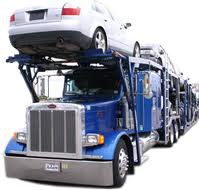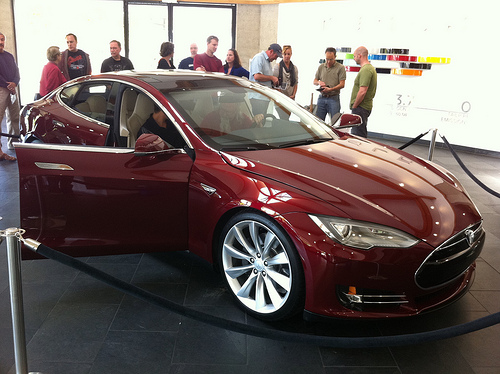
The dangers and challenges of being a truck driver don’t all disappear once the job is done and the truck rolls back home again. Traffic hazards, bad food and sleepless nights go with the job; stocking up on UV exposure makes skin cancer the worst kind of retirement plan.
Reducing the risk of sun exposure-related skin cancer takes more than applying sunscreen. New technology in UV-blocking window film is safe, legal and can help prevent skin cancer.
Truck Drivers Face a Higher Risk than Other Motorists
According to Time Magazine, researchers at the University of Washington show Americans are more likely to develop skin cancer on the left side of the body because the driver’s seat is on the left side of our vehicles. This might seem unremarkable until you learn that Australians are more likely to develop cancer on the right side; that’s no coincidence.
The researchers also discovered that when skin cancer is primarily on one side of the body, 52% of the melanoma discovered in Americans is on the left side of the body. Narrowing the study down even more, 55% of merkel cell carcinomas occur on the left upper arms.
Truck drivers spend almost every day with their left side facing the sun. They’re not just driving an hour or two a day like an average commuter – days on end are spent soaking up UV rays.
Even when exposure doesn’t turn cancerous, UV rays can be disfiguring. According the New York Daily News, the New England Journal of Medicine released a photograph of a retired truck driver with a condition known as unilateral dermatoheliosis. The left side of the man’s face was markedly different from the right, with significant wrinkling, sagging and tissue damage. He had been a truck driver for 28 years.
UV Protection is Okay for Transportation Specialists
Sun exposure was inescapable for truckers, delivery drivers and anyone else who spent most of their professional life on the road. In fact, skin cancer was considered a known and accepted risk.
In September, 2011, the Department of Transportation’s (DOTs) Federal Motor Carrier Safety Administration (FMCSA) wrote a letter to the International Window Film Association stating that the enforcement community had never allowed window film on any commercial vehicle. Meanwhile, the FMCSA stated that clear films were allowed as long as 70 percent of light is transmitted.
On April 3, 2012, it became official when the US Department of Transportation gave the green light for people in the transportation industry to install UV-blocking window film on side windows of their truck cabs.
What Kind of Film is Both Safe and Compliant?
New technology in window film means you can stay legal by keeping the necessary amount of transmitted light without sacrificing protection. As much as 99 percent of harmful rays never make it through the glass.
The way it works is by filtering and reflecting at the same time. Natural light filters through the window and into the cab. Cancer-causing UV rays are reflected back to the source, but the clear film doesn’t shine like a mirror on the inside or out.
Another benefit of this filtering, reflective film is a cooler cab when it’s hot outside because the glass and film don’t absorb the sun’s heat. New window film technologies like Llumar Air Blue 80 allow most of the visible light to transmit through the windshield block 99% of UV rays. The film doesn’t have the tinted effect typical of most window film products, so it doesn’t block the driver’s visibility, making it perfect for windshields.
Professionally installed window film reduces your risk of skin cancer and other skin damage by blocking UV rays. Compliant, effective and much more convenient than long sleeves and sunscreen, it’s an upgrade that could save your appearance and your life.
About the Author
Bill Valway is the CEO of Absolute Perfection Window Tinting & Graphics and an expert in the field of professionally installed truck window tinting.
Contact: (410) 549-4285 or at 5399 Enterprise St., Sykesville, MD 21784.


